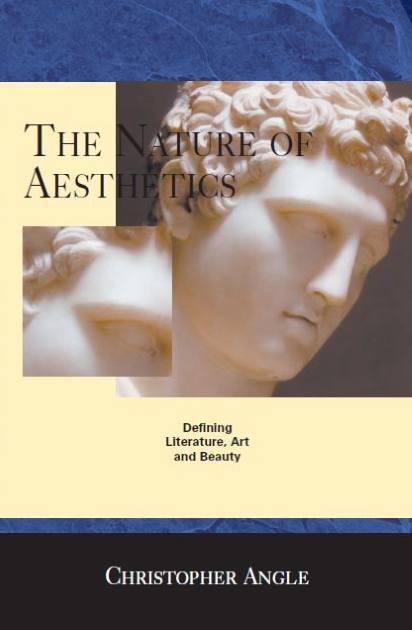By christopher angle
Truth and the Nature of Decisions
This work defines the nature of truth and explains that information is experience put in memory, that knowledge is the assimilation of information, that truth is knowledge without inconsistency within a reference of relevancy, and free will is simply effort plus our rational faculties.
This discourse is distinguished amongst others that explore this subject matter in that its treatment is not tortuous, circumlocutory, or laborious but clear, concise,
very enjoyable…yet cogent.

Author & videocaster
Christopher Angle
The author, Chris Angle, took an interest in philosophy starting at the University of Michigan where the courses introduced him to the many famous works among which were the dialogues of Plato and the character of Socrates which intrigued and influenced him forever afterwards.
At the U of M, Angle decided that he would write philosophical works of his own. But preparatory to that, he realized that in order to begin this endeavor, he should have to be able to define philosophical concepts.
Angle found that to understand these concepts, learning about the biological history and evolution of man would be insightful. And, indeed it was. Angle’s explications of many philosophical concepts often involve reference to biological anthropology.
Other Books
The Philosophical Equations of Economics
The Philosophic Equations of Economics is an enhanced explanation of economic theory explaining the relationship between Philosophy and Economics.
Defining Ethics Good & Evil
Ethics is the study of the good and bad in behavior and the essence of this good is respect. That is, the more respectful the behavior of an action, the more it is ethical, and this respect is rooted in the evolutionary need for survival.
The Nature of Aesthics
Chapter One and Two define literature and art as the expression of how an author or artist sees his world and distinguishes this from other types of expression such as a newspaper article, lab report, etc. through the composer, author, or artist’s use of his interior originating experiences.
Agree or not, this compelling work will be of interest to those concerned with the bridge between philosophy and economics.
– Michael McLindon, Ph.D. International Economics
…blends three distinct modes into a successful and creative synthesis…The result is an unique and pragmatically sound exploration of ethics
– Clair McPherson, PhD, Medieval Studies
…an engaging and readable inquiry into aesthetics. In the style of the Socratic dialogues Angle raises the right questions at every turn and defends his own, original answers.




